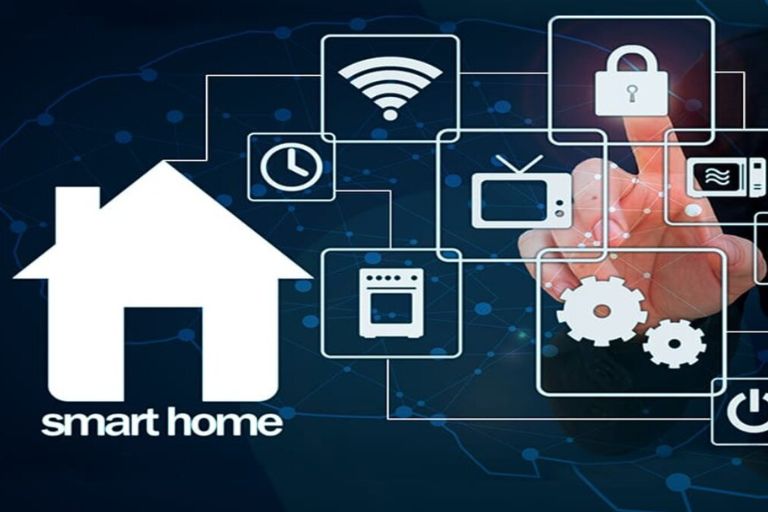Phone Num:
Address:
AL-Rossais Commercial Center - Olaya Street - Riyadh

With rising energy costs and increasing environmental awareness, Energy efficiency in homes has become a priority for many people. Smart home is one of the innovative solutions that help in saving energy, Through advanced technologies that contribute to managing energy consumption in effective and easy ways. In this article, We review the best ways to reduce energy consumption using smart home technology. We share some tips and recommendations to maximize resource efficiency.
A smart home is a home environment equipped with devices and systems connected to the Internet, Homeowners can control them remotely or based on schedules. Thanks to these techniques, Users can monitor consumption and control electrical appliances, Which helps reduce waste and improve efficiency.
Smart lighting is one of the most important smart home solutions that contribute to reducing energy consumption. These systems can be controlled via smartphones or voice commands, It can also be set to operate based on movement in the rooms, Which means it turns off automatically when no one is around.
Smart thermostats (such as Nest and Ecobee) are an effective way to improve energy efficiency, It enables you to adjust the temperature of your home based on your preferences and presence at home. Some systems learn your daily habits and adjust themselves automatically, Which saves energy effectively.
Smart plugs can be used to ensure that electrical appliances are not turned on unnecessarily, It can be controlled remotely via applications. Which contributes to reducing energy consumption.
Many companies offer energy management solutions, These are systems that help you monitor your home’s energy consumption in detail through applications or built-in devices. These systems provide periodic reports on your consumption and help you identify where energy efficiency can be improved.
When designing a smart home, Integration of different control systems is preferred, Such as lighting and air conditioning systems, To work in harmony and contribute to achieving the highest energy efficiency. For example, The lighting can be programmed to turn off automatically when the air conditioning system is turned on to reduce electrical load.
A smart home is not just a luxury, Rather, it is a step towards a more efficient and environmentally friendly life. Using smart home technologies and improving energy efficiency, The monthly bill can be reduced and more sustainable resource consumption can be achieved. By implementing smart systems and modifying habits, You will find that your investment in a smart home pays off in the long run.